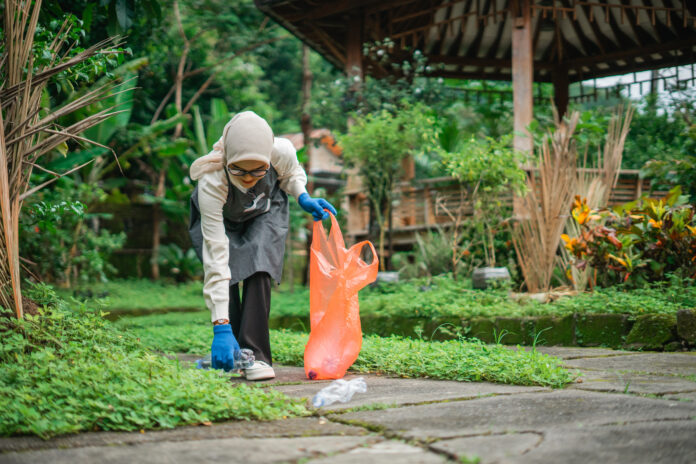Islamic Foundations of Environmental Sadaqah
The benefits of sadaqah (charity) are boundless. In Allah’s (swt) mercy, He has blessed us with countless opportunities to engage in charity. We must reflect upon the role we play in our communities and the intertwining of our various obligations as Muslims and Khalifa (or stewards) of this Earth. Acts of charity are of immense spiritual and social benefit not only to the doer and the receiver but to the community at large. However, charity in Islam is not limited to monetary contributions. When we connect environmental stewardship to sadaqah, we become more conscious of how we treat the Earth that Allah (swt) entrusted to us.
The monetary value of charity cannot be diminished and should never be neglected; however, as Muslims, our charitable obligation is also to all of Allah’s (swt) creation, as decreed in the Quran. Expanding our view of charitable acts to include environmental stewardship can lead to incredible change, strengthen our connection with Allah (swt), and encourage us to encompass the traits of our beloved Prophet Muhammad (pbuh).
وَهُوَ ٱلَّذِى جَعَلَكُمْ خَلَـٰٓئِفَ ٱلْأَرْضِ
“He is the One Who has placed you as stewards on the earth.”
(Quran, 6:165)
Climate Crisis, Justice, and our Responsibility as Khalifa
Our obligation to implement charitable actions in our lives and provide support for those in need is essential for combating injustice, oppression, and poverty and taking decisive action to tackle the global climate crisis, particularly given its disproportionate effects on the most vulnerable populations. Over time, our individual and collective actions have impacted the Earth in formative ways. It is our duty as Khalifa to reflect on our responsibility not only to the environment, but also to communities around the world. This requires taking actionable steps rooted in adl (justice) to fight the climate crisis.
In Islam, justice requires both individual and collective efforts to combat global environmental injustices. As a community, this includes promoting sustainable practices within mosques, schools, and social networks, advocating for communities who face disproportionate impacts of the climate crisis, supporting organizations leading climate action, investing in environmental education efforts, engaging in policy advocacy efforts locally and nationally, and creating community mutual aid groups to support residents in need. By participating in community action, Muslims can uphold the principle of adl and directly uplift front-line communities.
Practical Acts of Environmental Sadaqah
Charity, rooted in adl, requires individual efforts as well as community efforts. As shown through the actions of the Prophet Muhammad (pbuh), acts of kindness toward an animal, planting a tree, or practicing sustainability can be considered charity. Various hadith highlight the Prophet Muhammad’s (pbuh) gentleness and care for the environment.
Anas Bin Malik, in Sahih al-Bukhari, narrated:
“ مَا مِنْ مُسْلِمٍ يَغْرِسُ غَرْسًا، أَوْ يَزْرَعُ زَرْعًا، فَيَأْكُلُ مِنْهُ طَيْرٌ أَوْ إِنْسَانٌ أَوْ بَهِيمَةٌ، إِلاَّ كَانَ لَهُ بِهِ صَدَقَةٌ ”
Allah’s Messenger (PBUH) said, “There is none amongst the Muslims who plants a tree or sows seeds, and then a bird, or a person or an animal eats from it, but is regarded as a charitable gift for him.”
(Sahih al-Bukhari, 2320, Book 41, Hadith 1)
This hadith emphasizes the manifestation of charity in a variety of ways and the idea that it can transcend monetary contributions. When we connect charity to environmental protection, it changes how we treat and protect it for future generations. An action as simple as planting a tree is considered not only an act of charity but can also be a means of combating climate change through reducing air pollution and providing greener spaces. Actions we can implement in our daily lives, in addition to planting trees, can include food and water conservation, adopting a sustainable diet, tackling food waste in our community, keeping the environment clean, implementing a sustainable lifestyle to fight overconsumption, and aligning our climate action with Islamic finance initiatives. It is crucial to stay mindful of the conservation of our resources and expand our Zakat and monetary obligations to include environmental initiatives.
Implementing Sadaqah in Our Lives
Allah (swt) bestowed upon us an obligation to care for the Earth, protect its creation, and nurture it for future generations, as exemplified in the Quran and through the actions of the Prophet Muhammad (pbuh). As Khalifa of this Earth, we have an individual and collective responsibility to environmental protection, sustainability, preservation, and justice, and this requires undoing the damage we have inflicted on His creation.
It is our responsibility to be intentional with what and how much we consume and prioritize charity, to mitigate the negative impacts of climate change, and contribute to a more just environment. The climate crisis impacts all of us, and individual and collective charity—a balance of both sustainable living and monetary contributions—to His creation can be a beautiful act of pleasing Allah (swt), encompassing the Prophet Muhammad’s (pbuh) care for the Earth, and a solution for tackling the climate crisis rooted in compassion, justice, and optimism.



